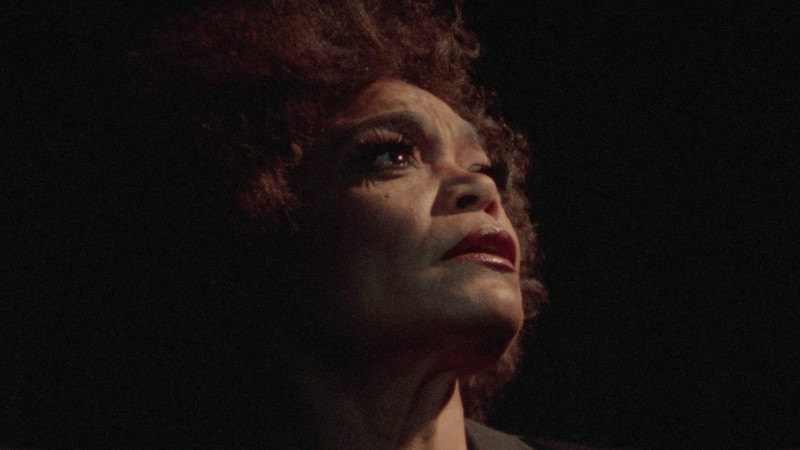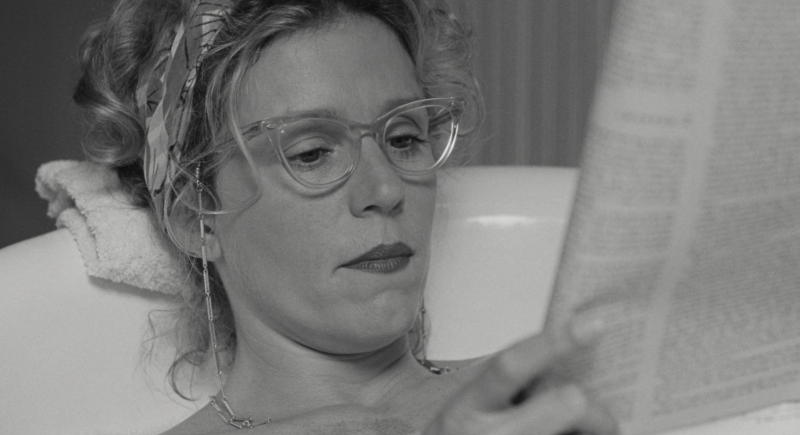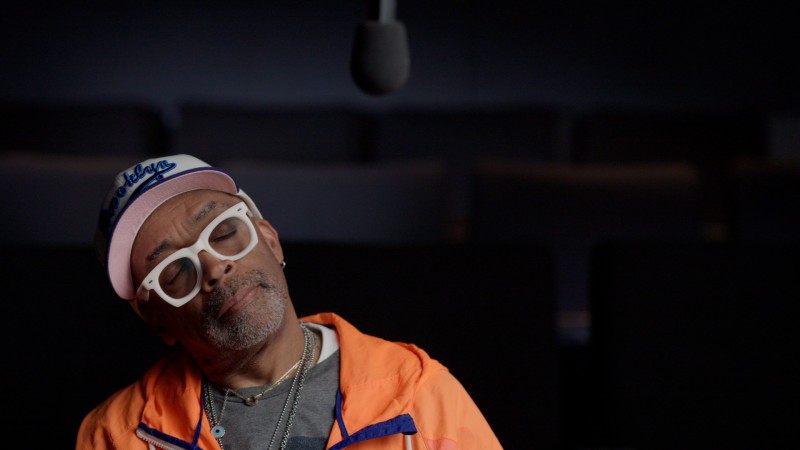Thomas Vinterberg no longer holds fast to the ascetic tenets of Dogme 95, the film movement he cofounded in 1995 with fellow Danish director Lars von Trier, but what has remained constant throughout his career is his sharp focus on character detail and social dynamics. Since first garnering acclaim in 1998 with his darkly comedic ensemble drama The Celebration, which won the Jury Prize at Cannes Film Festival, he has shown his stylistic range in subsequent movies, including the near-future romantic thriller It’s All About Love, the Mads Mikkelsen–led drama The Hunt, and the Thomas Hardy adaptation Far from the Madding Crowd. His latest, Another Round, is a study of emotional catharsis that follows a group of schoolteachers as they test out a theory that a certain level of alcohol in the blood can alleviate the melancholy tedium of everyday life. It’s one of Vinterberg’s most warmly received films yet, and this month it’s up for two Oscars: best director and best international feature film.
Before I spoke to Vinterberg over Zoom earlier this month, I asked him to discuss a favorite scene from a movie in our collection. He eagerly chose the Christmas dinner from Ingmar Bergman’s semiautobiographical epic Fanny and Alexander (1982), which has long been a guiding light for him and was directly referenced in The Celebration. In this article, edited together from our conversation, he talks about how the great Swedish auteur’s artistic approach and Scandinavian sensibility have influenced him. —Hillary Weston
I began film school at the start of my twenties, and our film history teacher said that we had to watch all of Ingmar Bergman’s movies. At the time I was a young and restless person, and at first I didn’t understand them. The teacher said it was okay if we slept during them; we just had to be able to say we’d seen them. But then slowly, over the course of the class, his work got to me—and I never let go of it again.
When I watched Fanny and Alexander for the first time, I fell in love with it. That’s the feeling you can have when you watch certain movies. It’s about this little dark-haired boy, his beautiful family, and his experience of the richness and brutality of life in the Stockholm bourgeoisie. It’s also about him facing the loss of his father, who dies in the first half of the film, and the arrival of a stepfather, who uses his faith in God to oppress the family. It’s the first half of the movie that I admire most, especially the Christmas celebration, which has set the standard for what I’m doing as a filmmaker.
Something that we learned in school was the idea of “natural history.” For example, the natural history of going to the cinema encompasses going to the ticket booth and buying a ticket, going to the bathroom, buying some candy or popcorn, showing your ticket, and finding your seat. That’s a whole story in and of itself. It doesn’t seem very interesting when you talk about it like this, but you can really learn so much about people through this chain of events. Do they wash their hands? Do they complain about the price of the candy? Do they wait for someone before sitting down? There are many things you can reveal about character that way, and in The Celebration, I kept to that very strictly. Every time I got stuck in my writing, I just returned to the natural history—and that’s what Bergman does. You watch the natural progression of a Christmas celebration, step by step.
I was lucky enough to have a conversation about Fanny and Alexander with Bergman after I made The Celebration. It was only one phone call, but it was a long one. He called my film a masterpiece, and I was very proud of that. I told him that I had to apologize for stealing one of his scenes, because there’s a moment that is almost an exact copy of the dance around the house in Fanny and Alexander. He said, “Oh, that doesn’t matter, I stole it from The Leopard!”





